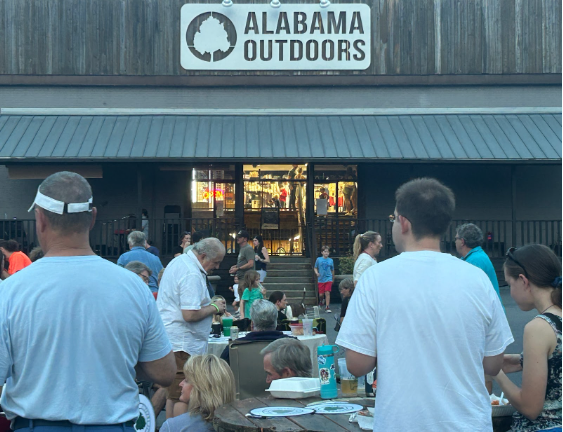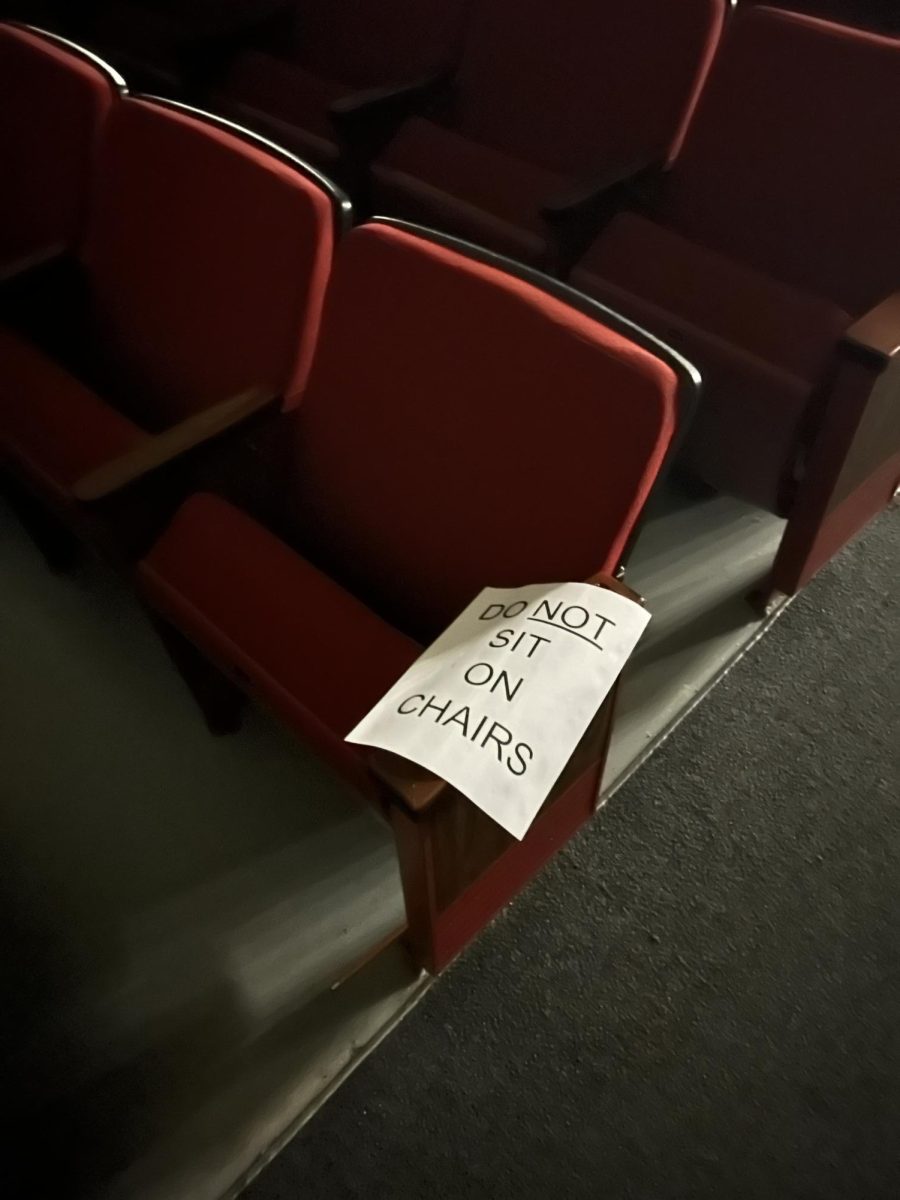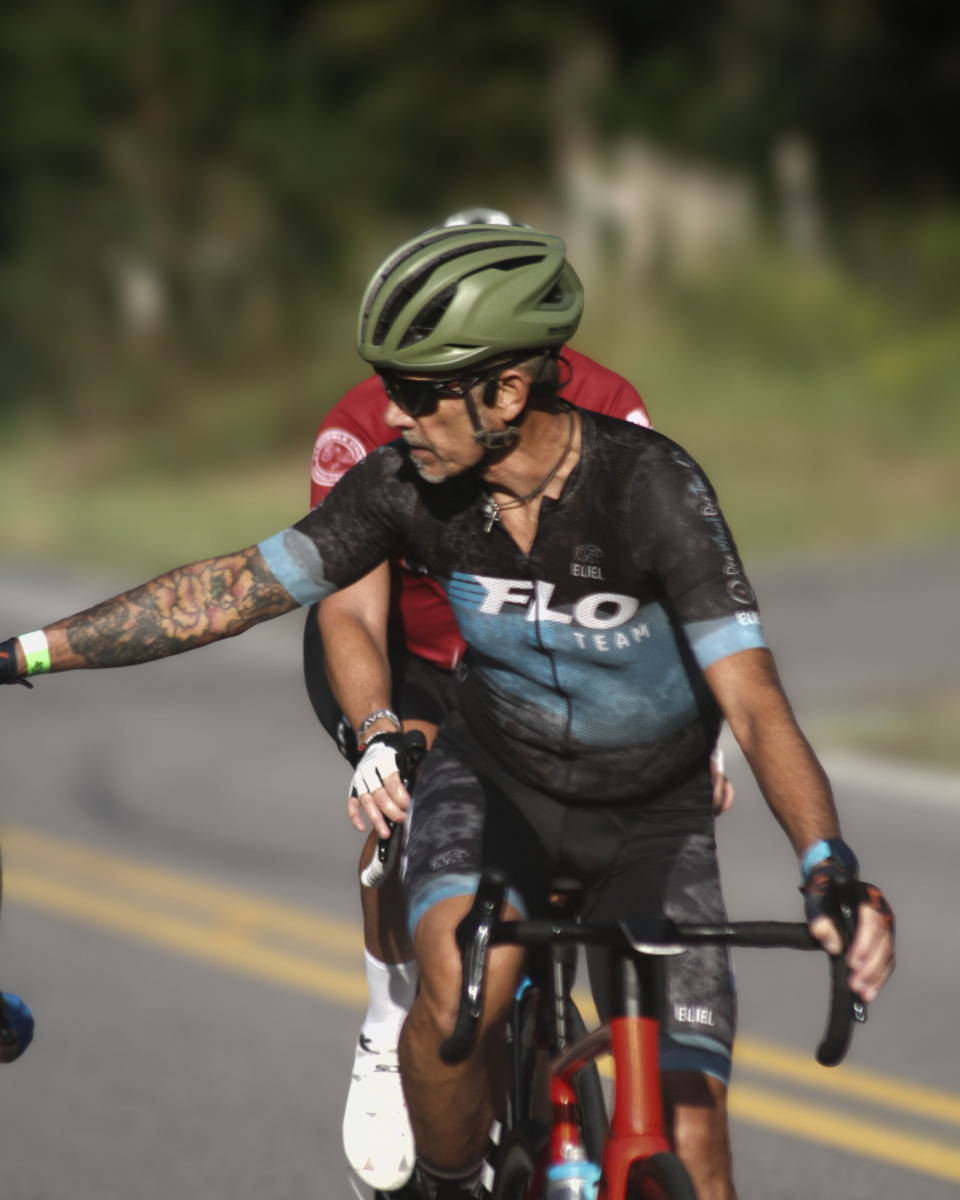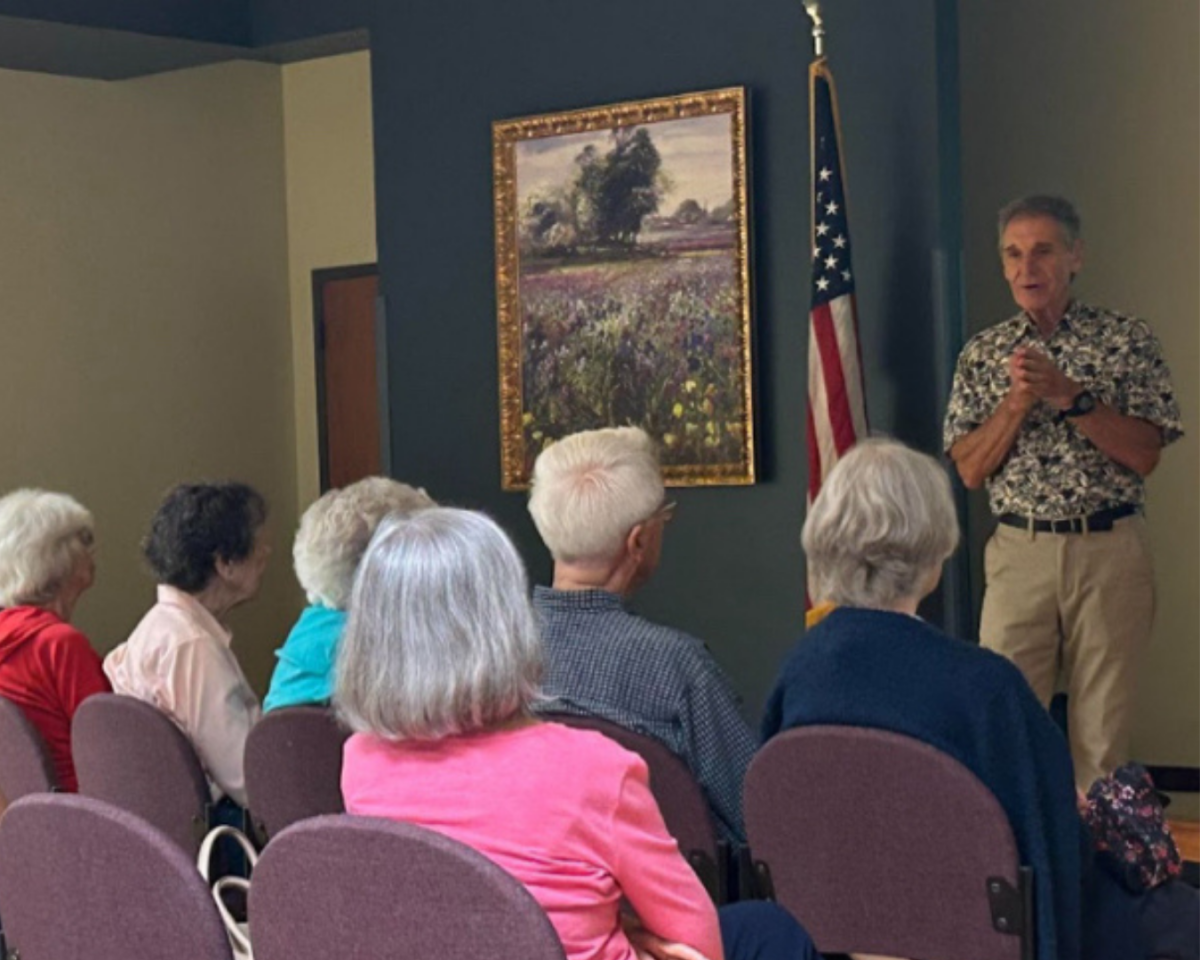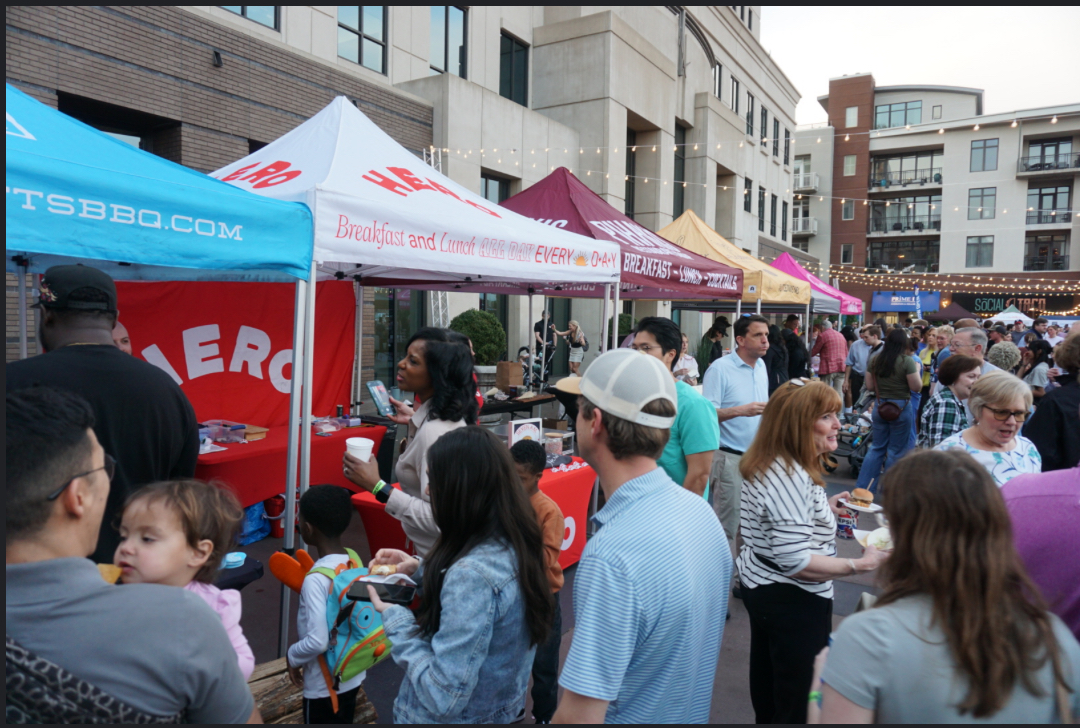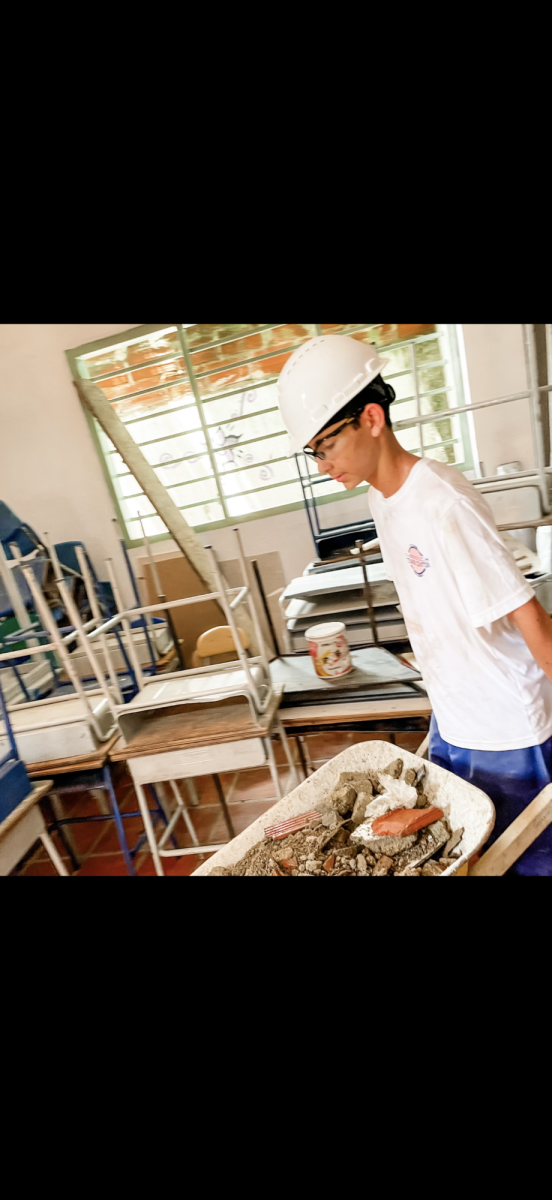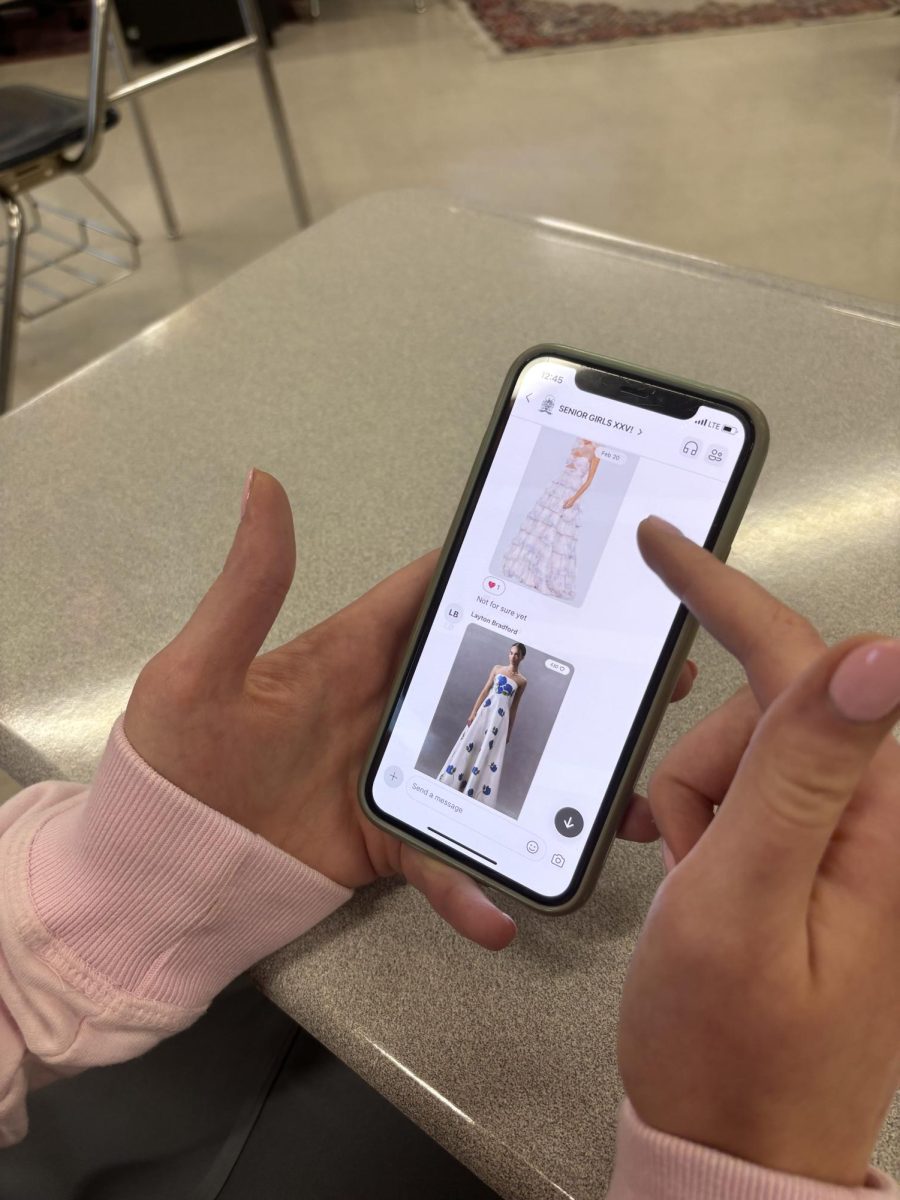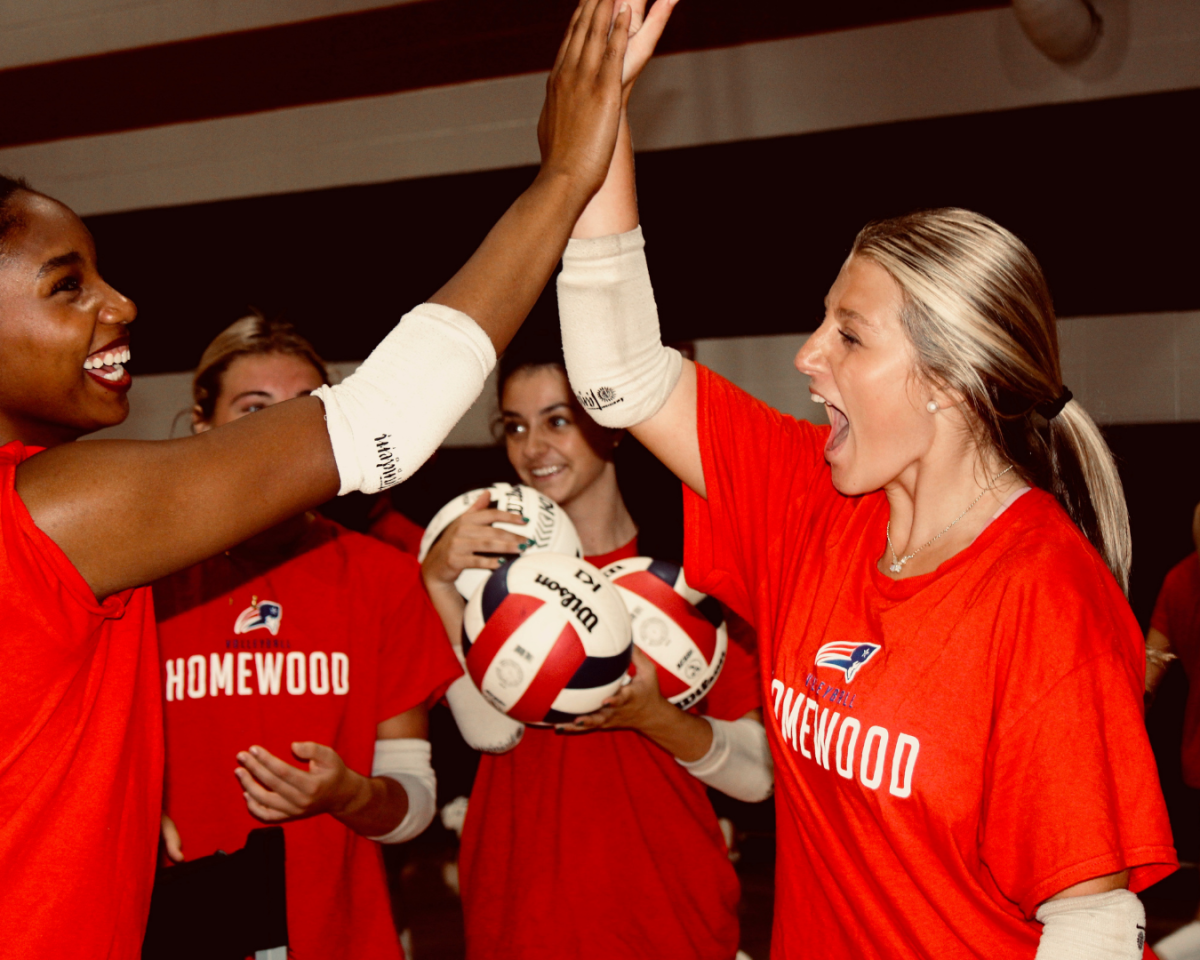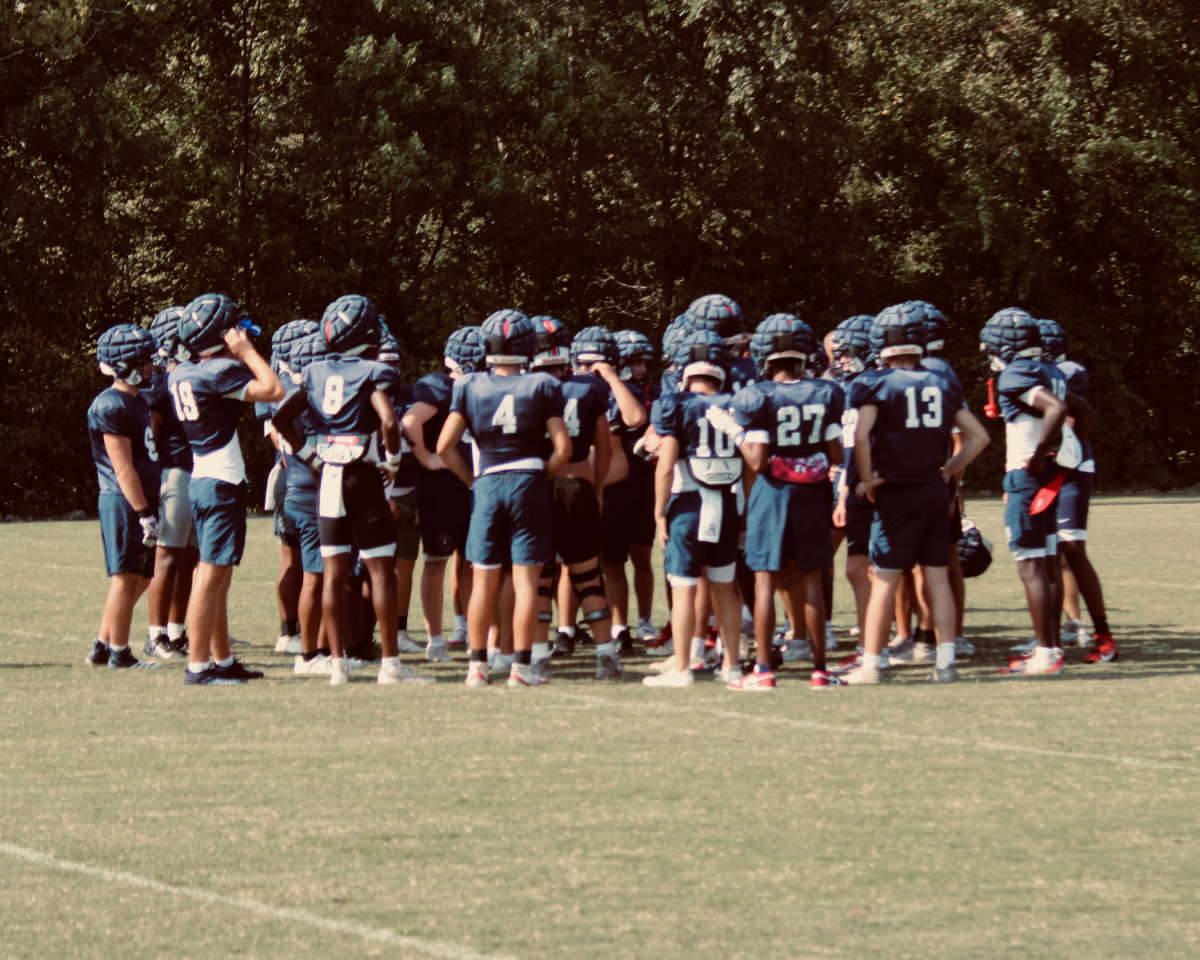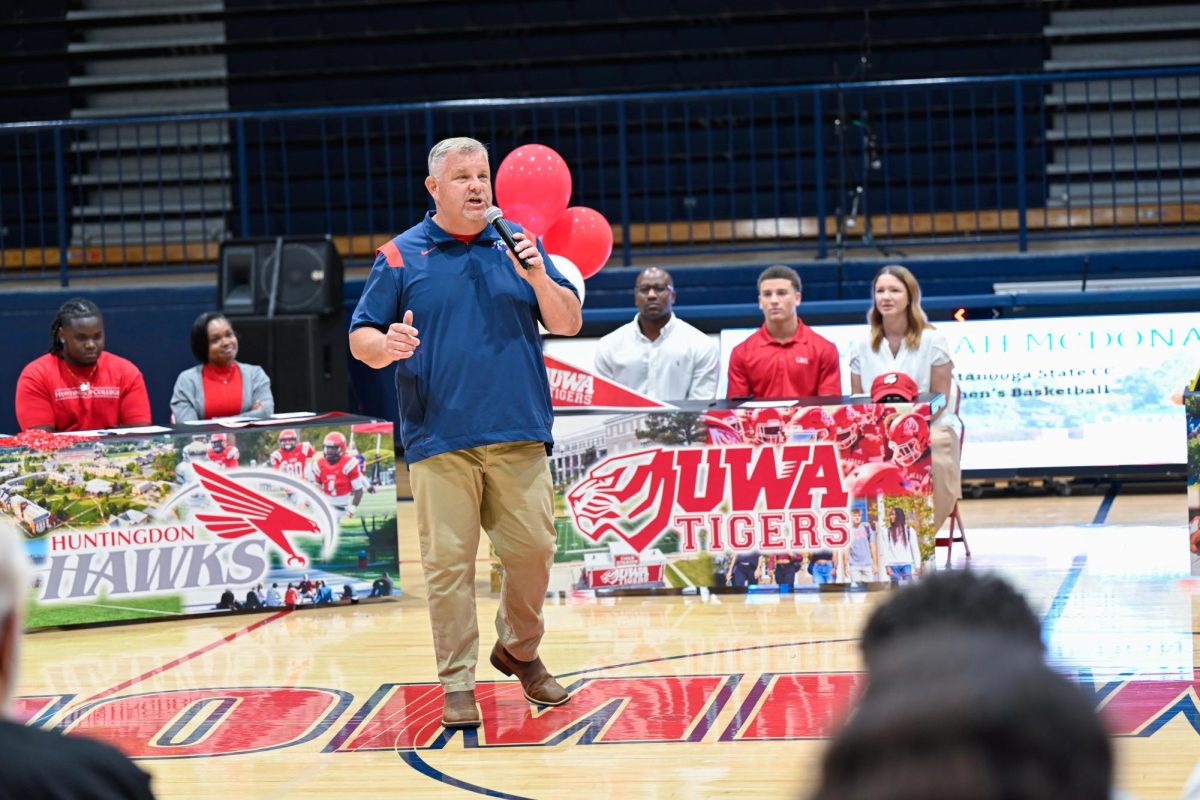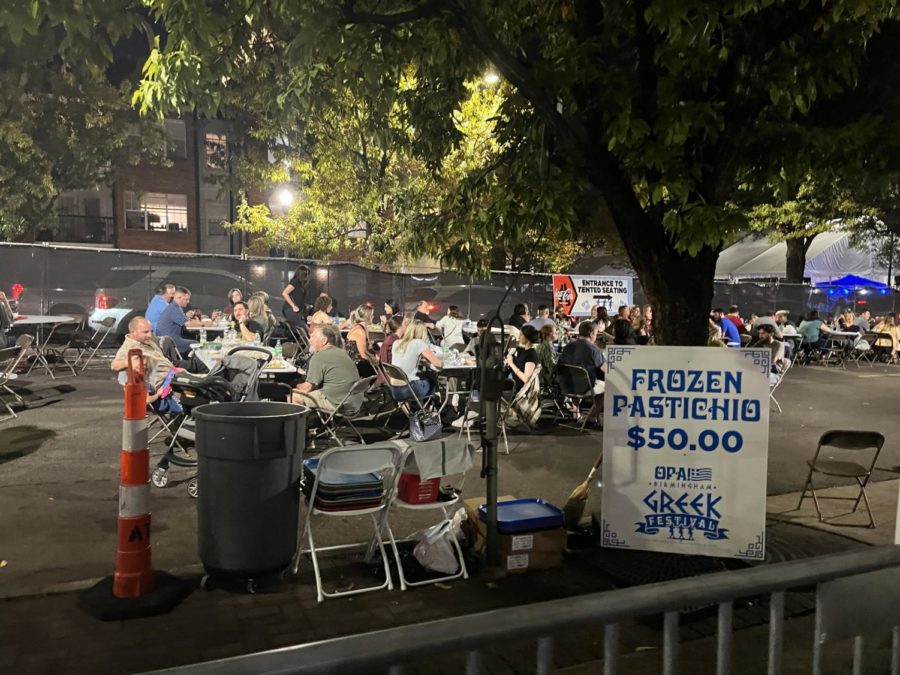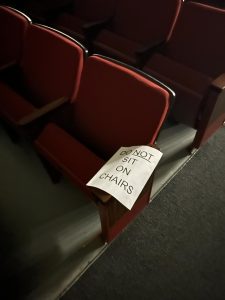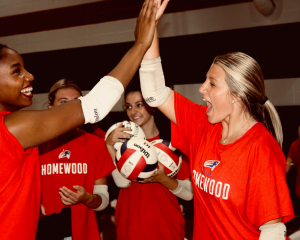Birmingham celebrates 49th Greek Food Festival
Greek Festival guests enjoying fresh Greek cuisine.
October 16, 2022
Birmingham welcomed its 49th Greek Food Festival this October 13th through 15th: a community celebration of Greek food, culture, dance and life.
The first Greek Food Festival in Birmingham took place in 1972. It was launched by the Ladies Philoptochos Society, a Greek women’s organization dedicated to preserving and sharing Hellenic culture and traditions. Since then, the Festival has grown into a regional center for Greeks and non-Greeks to come in the thousands for three days of food and entertainment.
This year’s Greek Festival greeted thousands of patrons to enjoy Greek cuisine and traditions. Homemade dishes like souvlakia pastichio, Greek chicken, gyros and baklava were among the traditional foods being served.
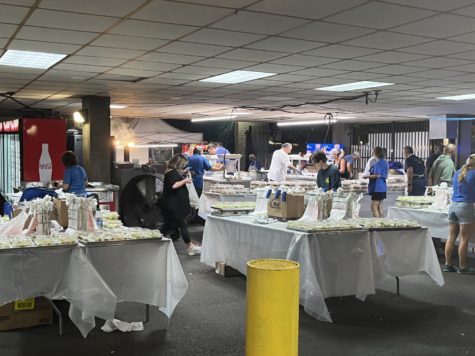
With the closing of Nabeel’s, a beloved Greek restaurant in the heart of Homewood since 1972, many believe the Greek Food Festival plays a timely role in preserving Greek cuisine and culture.
Another notable aspect of the Greek Festival is dance. For hundreds of years, dance has played a significant role in Greek culture. Andie Newman, Greek dancer and HHS junior, expressed her thoughts on Greek dance’s role in her life.
“I started when I was in kindergarten, so I’ve danced in elementary school, middle school, and I’m doing it now,” Newman said. “It’s just fun. You obviously do it at the Festival, but you dance at weddings too.”
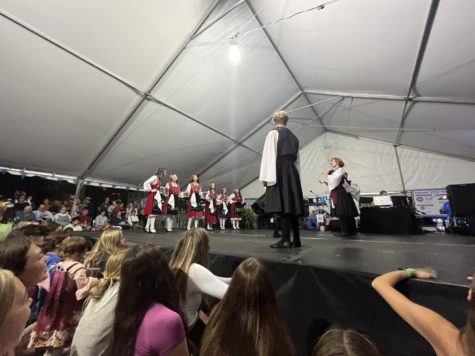
Being a part of a relatively minor ethnic and cultural group in the Southeast, Newman expressed how Greek dance functions as a way for her to stay in touch with her heritage.
“There’s not a lot of Greek American stuff around here, the Festival is one of the main [ways we can share it],” Newman said. “Dancing is a giant part of the culture in general, so that’s a huge part of why we do it.”
The past few Greek Festivals have welcomed around 30,000 festival goers per year. An event of this magnitude does not operate on its own. The local Greek population, Greek businesses and non-Greek contributors all play an important role in running the Festival.
Father Gregory Edwards is the Dean of the Holy Trinity-Holy Cross Greek Orthodox Cathedral in Birmingham. He has been in this position for three years and explained his role at the Festival.
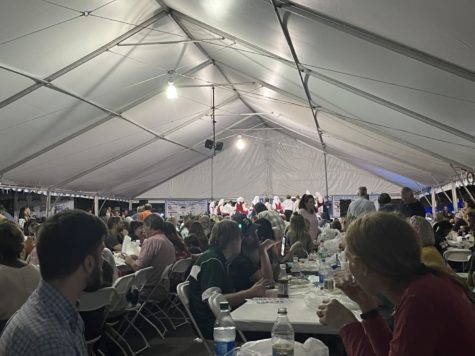
“I view my role as a host, much like someone who has invited people to his house for dinner,” Edwards said. “…my first nine years in ministry were in Greece, where every day is a ‘Greek Festival,’ so there is no need for a special celebration such as the ones we do here in the US.”
In terms of religious diversity, the Southeast is dominated by Protestant Christians, with a smaller population of Catholics. Orthodox Christians, however, represent around 0.5% of the United States. Father Edwards emphasizes that understanding the Eastern Orthodox Church is integral to understanding Greek culture and its place in history.
“My purpose isn’t to ‘convert’ people but simply to give them a basic introduction to who we are and what we believe,” Edwards said. “The history of the Eastern part of Christianity is unfortunately left out of our standard ‘Intro to Western Civilization’ courses…”
The Birmingham Greek Festival also donates a large portion of its proceeds to multiple charities, both local and national. Some of these include The Exceptional Foundation, The Ronald McDonald House, Children’s of Alabama, and Jimmie Hale Mission.

